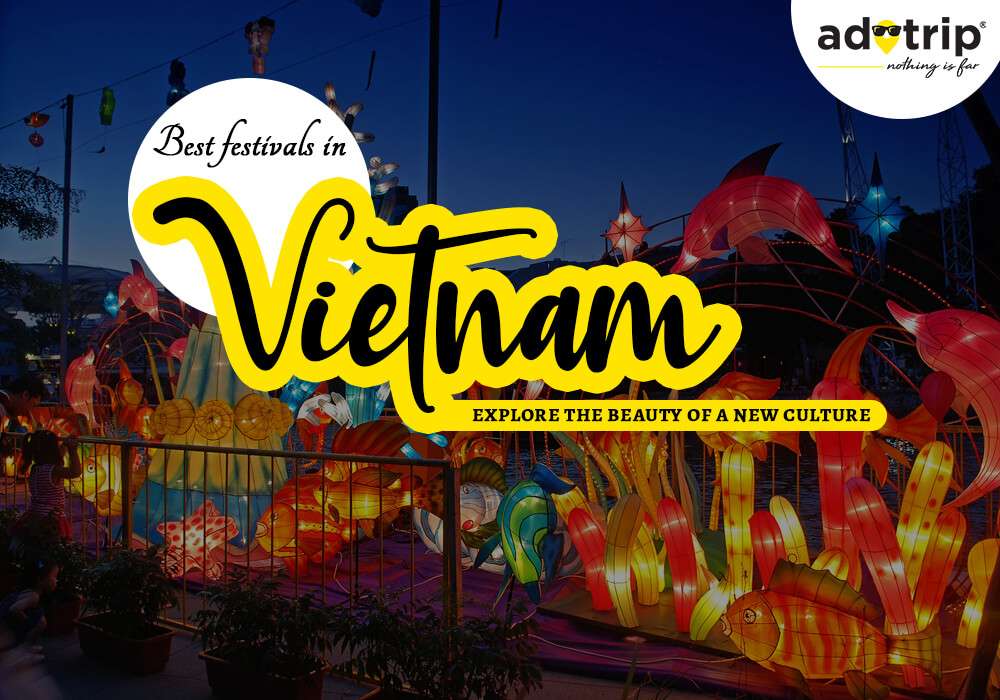
Last Updated At: 02-Jul-2025
15 Famous Festival of Vietnam You Must Experience In 2025
Planning your vacation to Vietnam around one of the nation's many festivals is one of the most remarkable ways to make it unforgettable. Most cultural celebrations and events in Vietnam are observed at specified times of the year and are influenced by the Chinese Lunar calendar. These festivals will provide a soul-stirring experience and allow you to see and take in the nation's culture. Thus, remember these holidays the next time you travel to Vietnam to make your vacation truly memorable!
The nation of Vietnam is a unique fusion of spectacular natural beauty, impressive skyscrapers, and diverse cultures. The best way to observe this country's rich history and many artistic expressions is through the festival of Vietnam, so if one of these looks to be happening while you're there, count yourself lucky!
15 Vietnam Famous Festivals That You Must Attend
Even if the bulk of the leading festivals in Vietnam in 2025 will be held at the beginning of the year, it is also the ideal time to see the nation at its best. On your next visit to this captivating city, don't miss a few of Vietnam's best celebrations and holidays.
Below is a brief overview of the most important festival of Vietnam, which are observed all year long:
- Lunar New Year | Considered as Most Significant festival
- Lim Festival | Joyous Celebration of Spring
- Huế Festival & Huế Craft Village Festival | Brings History to Life
- Tet Nguyen Dan | Marks the Beginning of the Lunar New Year
- Perfume Festival | Centred on the Perfume Pagoda
- Phu Giay Festival | Honours the Deity Lieu Hanh
- Hung King Temple Festival | Tribute to Their Strong Ruler
- Hue Festival | A Tribute to the Nguyen Dynasty
- Buddha's Birthday | Birth Anniversary of Lord Buddha
- Mid-Autumn Festival | Honours the Year’s Harvest
- Hoi An Lantern Festival | Showcases the Many Shades of Light
- Xến Xó Phốn Festival | Occurs in the Lovely Mai Châu Valley
- Ghost Festival or Wandering Souls Day | A Way to Respect the Ancestors
- Tet Han Thuc | Tribute to Dedicated Warrior of the Duke of Quin
- Vietnam Independence Day | Joyous Day of Its Freedom
Lunar New Year | Considered as Most Significant festival
The most significant festival of Vietnam is the Lunar New Year, often known as Tt. Family is prioritised, and many people visit their hometowns to celebrate. Yet, T't still has a lot to offer visitors around the nation. The most significant day in the lunar calendar, T'ai Eve usually occurs in January or February, and the anticipation is great! Appreciate the outdoor floral decorations and the midnight fireworks with the community.
Lim Festival | Joyous Celebration of Spring
The Lim Festival, a joyous celebration of spring, honours the festival's creator while showcasing the distinctive culture of the Red River Delta. The celebration features a unique ceremony called quan h. Men and women dressed historically sing Quan h folk songs to one another while floating on dragon boats. As their eerie sounds echo across the lake, relax and listen.
The Lim Festival takes place on the 12th or 13th day of the first lunar month.
Huế Festival & Huế Craft Village Festival | Brings History to Life
Hu, the last Vietnamese dynasty's residence and the country's historic capital, has a rich cultural history. Every year in April, the Hu Festival or the Hu Craft Village Festival is held. The Hu Festival brings history to life with breathtaking events at the Citadel and throughout the city. Artisanal goods produced in the nearby villages for centuries are displayed during the Hu Craft Village Festival.
Tet Nguyen Dan | Marks the Beginning of the Lunar New Year
Tet Nguyen Dan, one of Vietnam's most treasured holidays, marks the beginning of the Lunar New Year as per the Vietnamese calendar. This festival in Vietnam allows the entire family to unite and partake in customs like igniting fireworks, attending temples, and giving away flowers. It is deeply entrenched in the ancient ideals of family unity and worship of deities. Being in Vietnam at this time is excellent because you can feel the energy of the day permeating the air.
Perfume Festival | Centred on the Perfume Pagoda
The Vietnamese Perfume Festival, which takes place from the sixth day of the first lunar month through the end of the third lunar month, is centred on the Perfume Pagoda in Hanoi. Pilgrims visit this temple from around the nation, and the pilgrimage starts with a dragon dancing at Den Trinh Pagoda. The pilgrims next ride a boat up the Yen Riverbank to the foot of Huong Mountain. From there, stone steps take you to the Huong Tich Cave, where food options, god sculptures, and burning incense create the ideal atmosphere for quiet reflection.
Phu Giay Festival | Honours the Deity Lieu Hanh
This festival of Vietnam, which honours the deity Lieu Hanh of the Phu Giay Pagoda, is a colourful event that is said to bestow good fortune on its participants. To the goddess' temple, pilgrims wear native Vietnamese attire and bring decorated bamboo artefacts. Rituals include playing activities like capture-the-flag, human chess, lion dance, and wrestling to mark the day. The celebrations also include a variety of vibrant performances of folk dance, classical music, satirical theatre, and chamber music.
Hung King Temple Festival | Tribute to Their Strong Ruler
In memory of Kinh Duong Vuong, the first monarch of Vietnam in 2879 BC, the Hung King Temple Festival takes place. As a tribute to the contribution of this strong ruler, one hundred lamps glitter the night sky, and elaborate worship rites are performed in the Hung Temple. The Den Thuong, or Upper Temple, hosts a floral celebration the following morning. The ancient location where the royalty prayed to the Gods and Goddesses.
Hue Festival | A Tribute to the Nguyen Dynasty
Hue Festival is held in Hue City, which is included on the UNESCO World Heritage List as a tribute to the vibrant and renowned heritage of the Nguyen Dynasty. This spectacular festival features a distinctive exhibition of many sports, concerts, and cultural reproductions. To preserve the traditions and rituals unique to Vietnam, the festival's official commemoration started in 2000.
In addition to kite flying, the Hue Poetry Festival, Ao Dai Runway Shows, street performances, movie screenings, and art exhibits occur on the streets.
Buddha's Birthday | Birth Anniversary of Lord Buddha
Given that Buddhism is among the most popular religions in Vietnam, the anniversary of the birth of this god is undoubtedly a reason for a lavish celebration. The temples are attractively decked to commemorate this momentous occasion on the eighth day of the fourth lunar month. To obtain God's blessings, worshippers send him flowers, fruits, and classic Vietnamese food. There are numerous prayer meetings and street marches, and the entire neighbourhood pays respect to the Almighty.
Mid-Autumn Festival | Honours the Year’s Harvest
The Mid Autumn festival of Vietnam, which honours the year's harvest, is when happiness and wealth are in the air. This day, observed on the 14th and 15th of the lunar month, is uniquely observed by all age groups. The village is decorated with paper lanterns carried by children, vibrant lion dances, and food stalls selling sticky rice, mooncakes, vegetables, and various delicacies. Altars are constructed in each home in the evening, and various offerings are presented to the full moon.
Hoi An Lantern Festival | Showcases the Many Shades of Light
This festival showcases the many shades of light and living in Vietnam and is a beautiful fusion of tradition and innovation. Every outlet, building, and establishment in the Old Town turns off its electrical lights on the fourteenth day of every lunar month to mark the occasion and lights a low candle that fits snugly inside an elaborate lantern. What a sight it is to see the entire city illuminated by thousands of such paper lights. This village takes on a beautiful quality as the delicate amber glow of the flame within glows against the Darkness of the night.
Xến Xó Phốn Festival | Occurs in the Lovely Mai Châu Valley
The Xn Xó Phn festival occurs in the lovely Mai Châu valley every year between April and May. The celebration, simply a ritual to request rain, is a part of the White Thai people's calendars. This is accomplished through various songs and gifts given across the hamlet. According to folklore, larger festivals are accompanied by good rains and bumper harvests.
Ghost Festival or Wandering Souls Day | A Way to Respect the Ancestors
The Vietnamese consider that the ancestors' souls make a one-time trip to their dwellings on earth in late August or early September. It is appropriate to respect the deceased when the spirit realm awakens. Families visit the graves of their forefathers the night before Wandering Souls Day and leave prayers, bouquets, and fruits there. To prepare for the afterlife, ghosts burn paper money and clothing.
Tet Han Thuc | Tribute to Dedicated Warrior of the Duke of Quin
Jie Zhitui, the dedicated warrior of the Duke of Quin in the seventh century B.C., was honoured in 2022 during the Tet celebration, also known as the Cold Food Festival, one of the unique Vietnam celebrations. The Duke abandoned his obedient aide, who withdrew to the woods with his mother. Jie ignored the Duke's pleas and appealed to return, so the Duke set his house on fire to entice them into the city. He declined, though, and perished in flames. The Duke then remembered the festivity during the day when it was forbidden to light any fires.
Vietnam Independence Day | Joyous Day of Its Freedom
Vietnam commemorates the joyous day of its freedom in a big way every year on September 2. For the locals, this day is a significant historical milestone because it marks the day the president of Vietnam delivered the Vietnamese Declaration of Independence. This celebration is a public holiday and the nation's National Day. Parades are planned, and everyone participates in them enthusiastically.
Festivals in Vietnam are vibrant occasions that frequently feature national heritage, musical and dance acts, and high-intensity events like dragon boat racing and street parades. Attending one of these fascinating festivals is a beautiful way to learn about Vietnamese culture. Arrange a trip to Vietnam right away to experience the colourful customs and rich culture of one of the top vacation spots on earth.
Vietnam hosts a lot of intriguing festivals all year round. Here are only a few of them. We strongly advise participating in Vietnamese festivals if your visit falls during one to better understand the way of life there. So, contact Adotrip for all your travelling needs. We provide you with the best packages and guidance. With us, nothing is far!
Frequently Asked Questions about Famous Festivals in Vietnam
Q. What are some famous festivals in Vietnam?
A. The most important annual event and public holiday in Vietnam are the Lunar New Year, commonly known as Tet or Tet Nguyen Dan, which lasts about five days. Tet marks the start of a new year and the arrival of spring. Vietnamese people take great pride in every aspect of their traditional festivals, from the bustling streets of Ho Chi Minh City and Hanoi to the meticulous details of the cuisine and lanterns.
Q. When do most festivals in Vietnam take place?
A. Most festivals take place at the beginning of the year, i.e. from January to April. There are many festivals taking place between these months. Get engaged in the excitement, and you could return for more!
Q. How can I find information about upcoming festivals in Vietnam?
A. Online searches, regional tourism offices, and social media accounts can all be used to find details on forthcoming events in Vietnam. Visit national websites listing festivals and events, and watch social media accounts for news and updates.
Q. Are there any cultural or religious festivals in Vietnam?
A. Tet and Mid-Autumn Festival are the two primary traditional holidays observed by the Vietnamese people. Tet, also called the Vietnamese New Year, is regarded as the Thanksgiving, Christmas, and birthday celebrations all on one day.
Q. Can I participate in festivals in Vietnam as a foreigner?
A. Foreigners are welcome to join in and enjoy Vietnamese festivals' diverse culture, cuisine, and music. Most festivals are open to the public. Thus, no additional authorisation or paperwork is required. Respect for regional traditions and customs is always welcomed. So join in on the fun and discover the rich festival culture of Vietnam!
Q. How do I get to Vietnam for a festival?
A. There is no better way to travel the nation for first-time visitors who want to check off some of Vietnam's most well-known locations than by train.
Whether travelling from a neighbouring country or hiring a car, you can also travel to Germany. Most Vietnamese folks use motorbikes to get around. An open bus ticket is the most affordable transportation, but flying is the fastest way to travel. Several low-cost airlines operate in Vietnam, and flying is frequently less expensive than rail.
--- Published By Adotrip
Latest Blogs
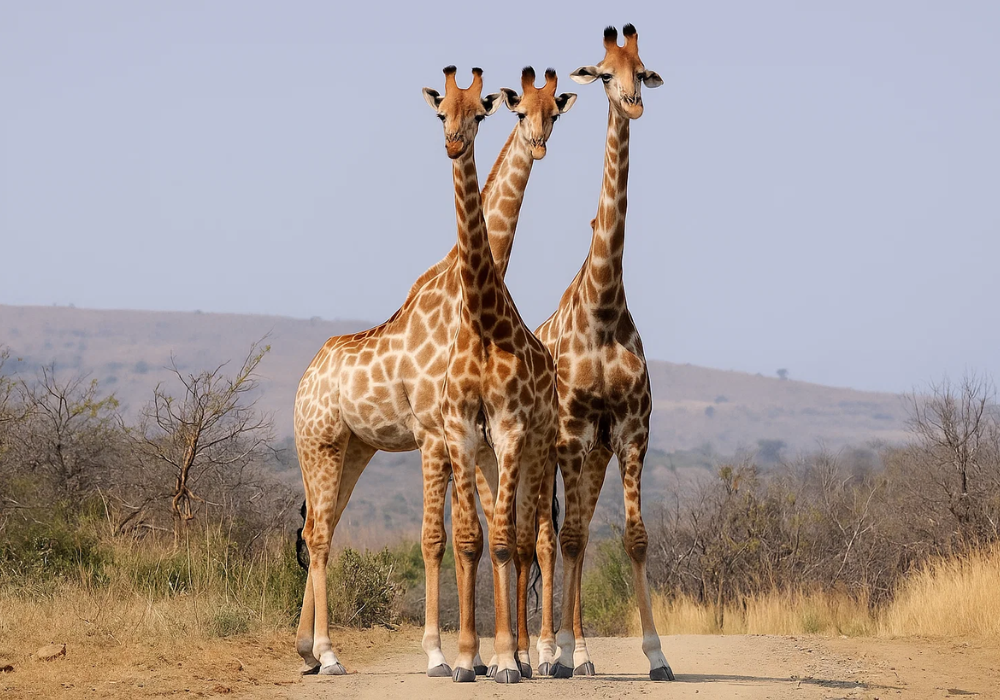
Cash in the Wild: My Safari Adventure Across Kenya with Only...
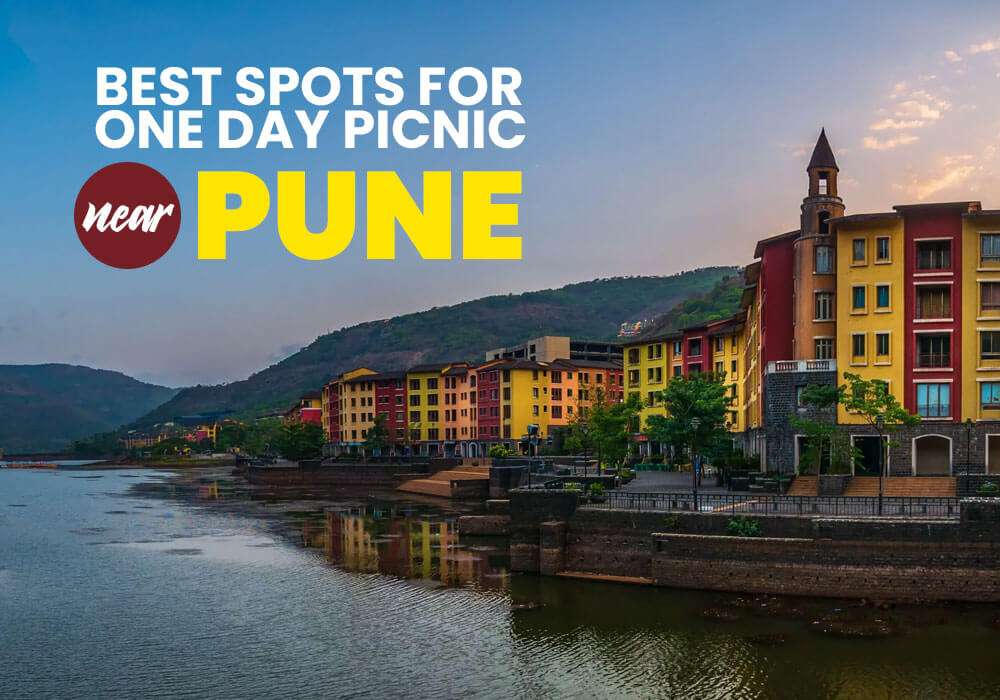
One Day Picnic Spot Near Pune - Adventure, Trekking and Natu...
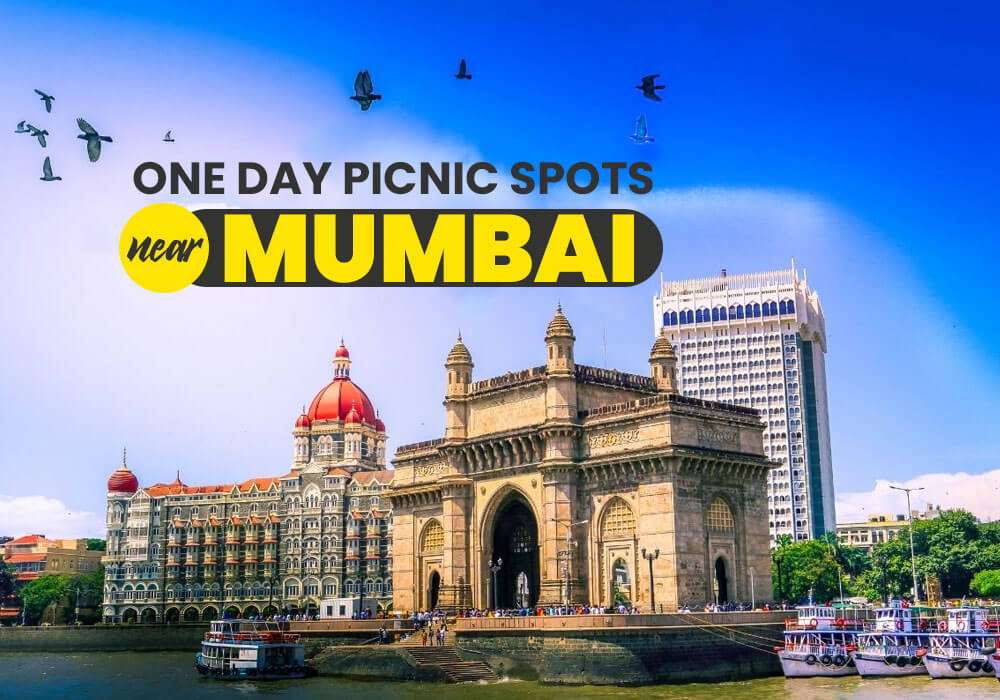
One Day Picnic Spots Near Mumbai - Monsoon, Adventure, Beach...
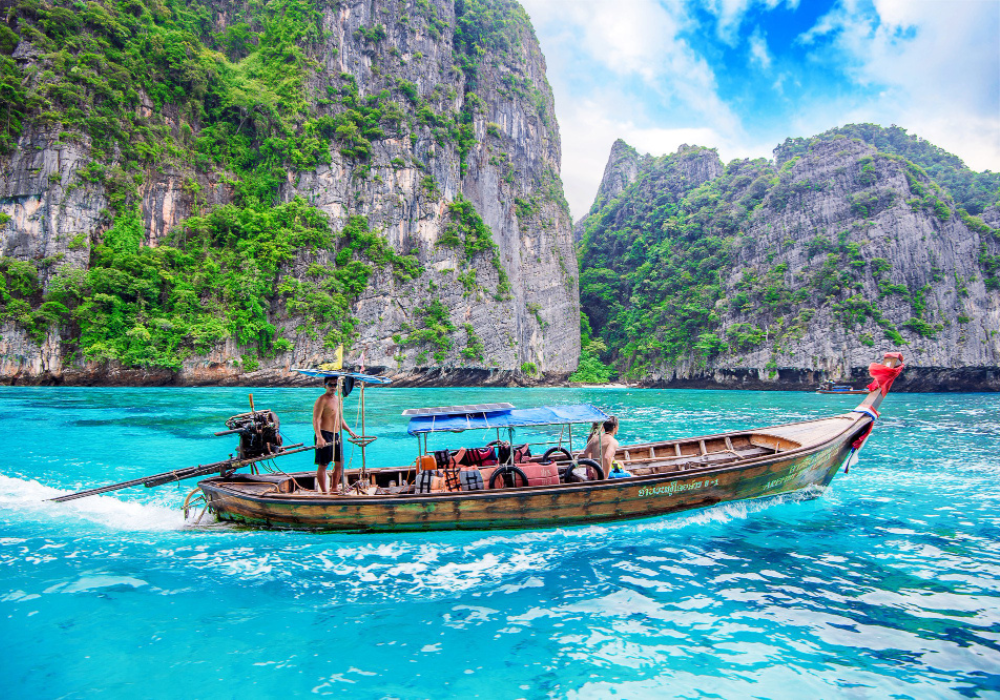
The Best Places to Go in Thailand in 2025
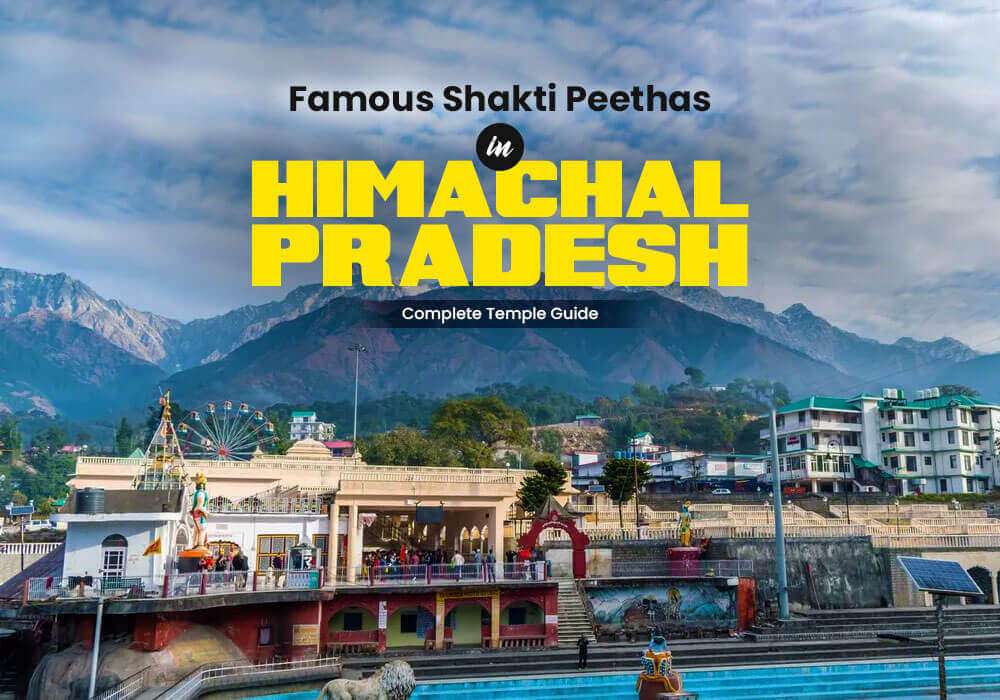


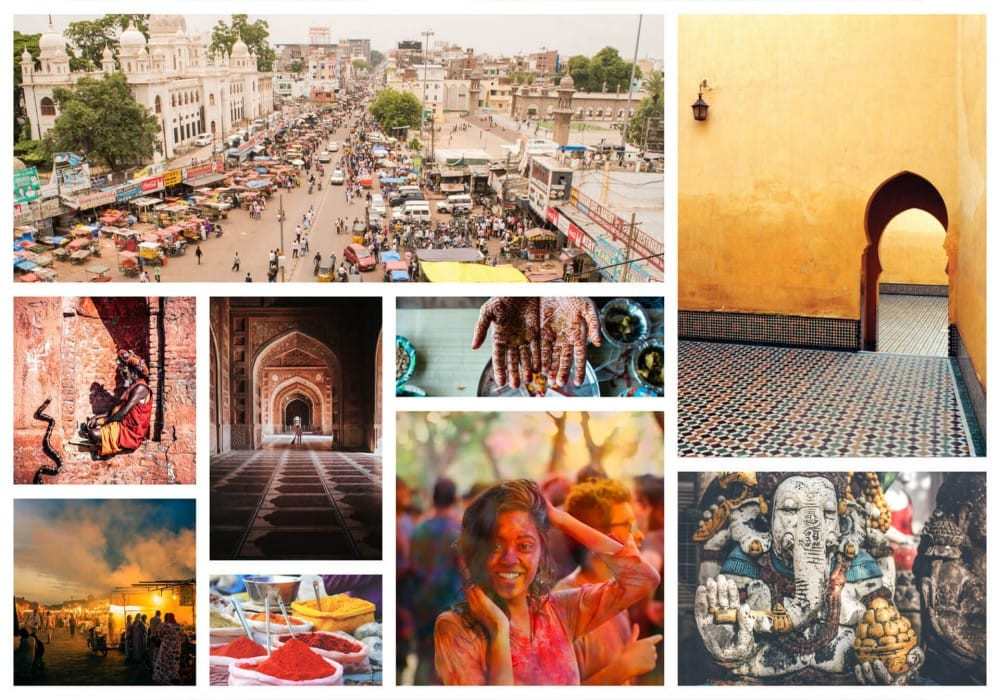
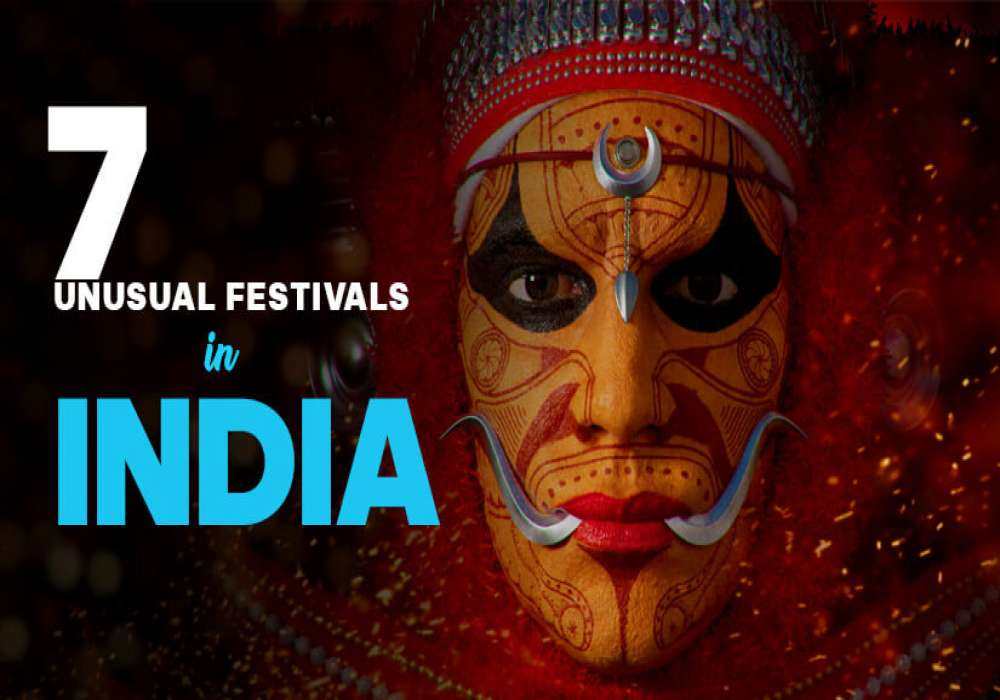
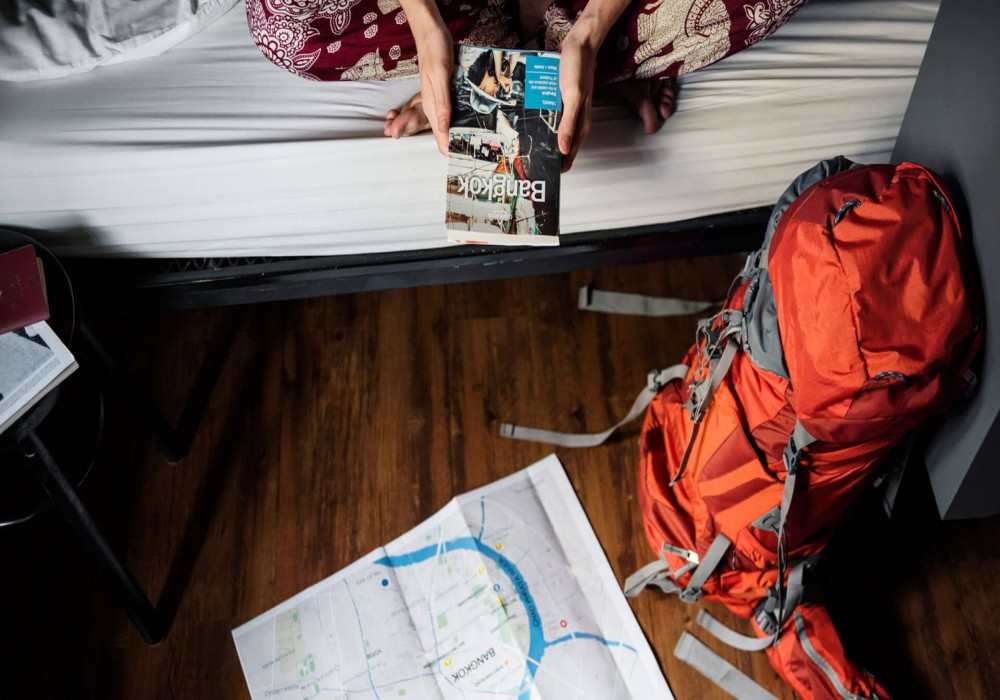

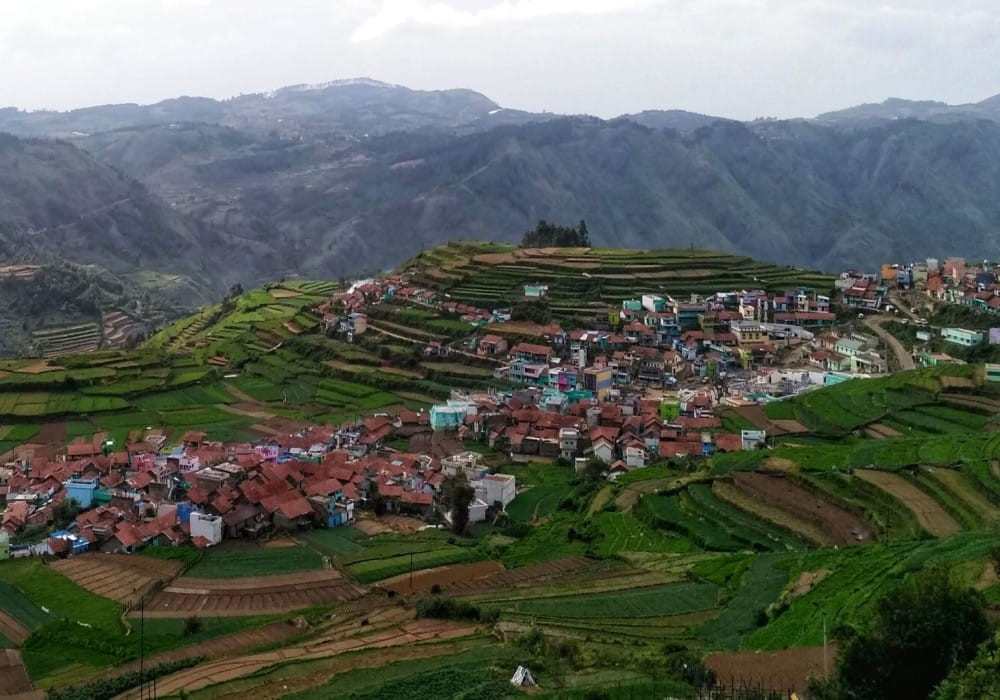
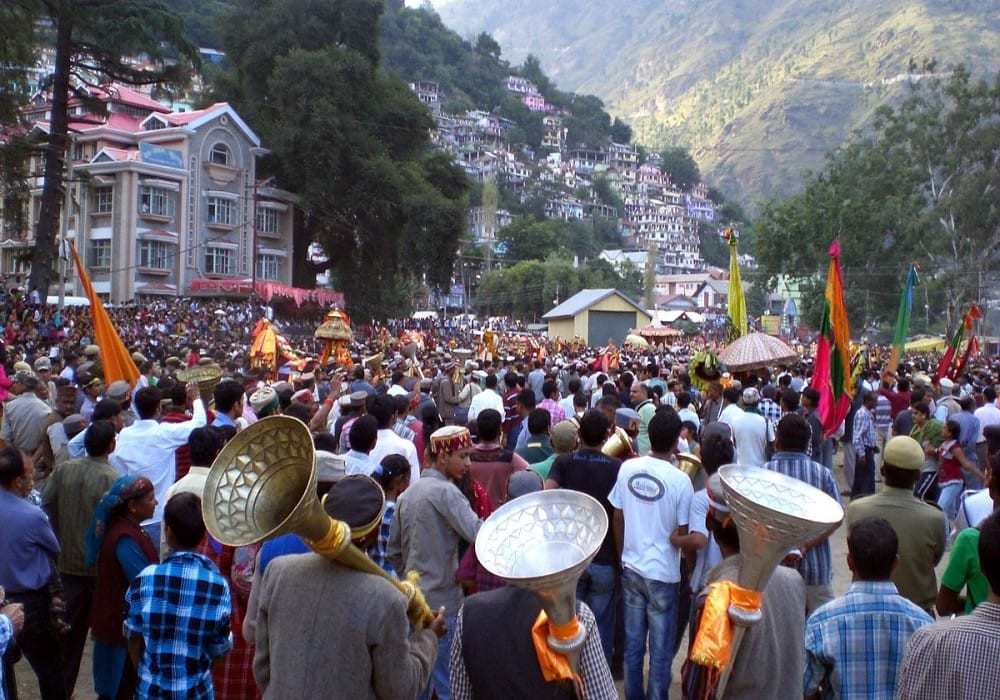
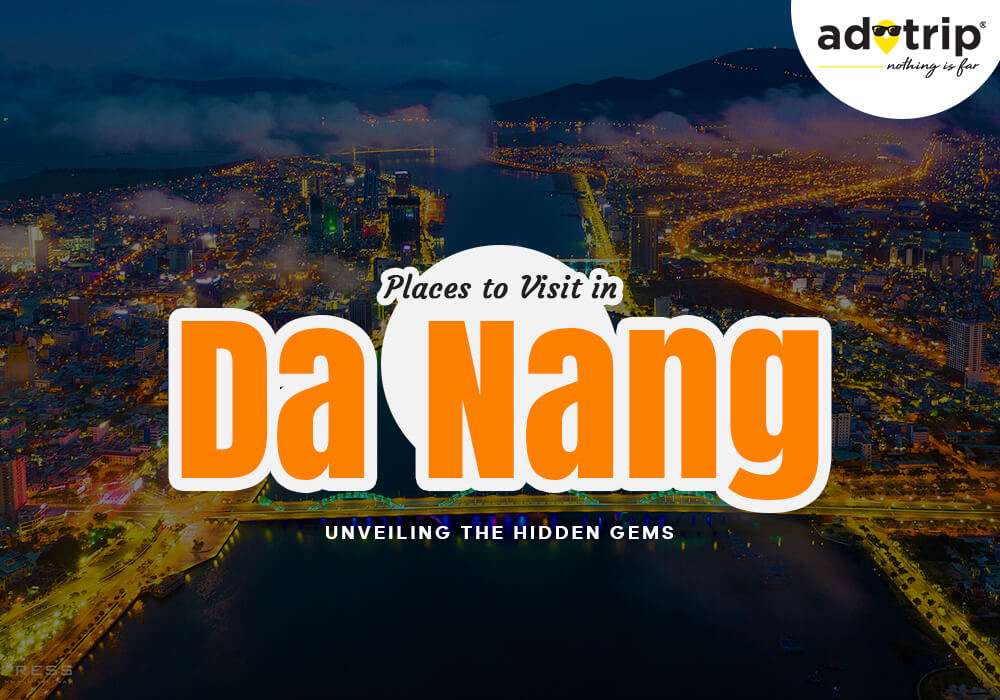
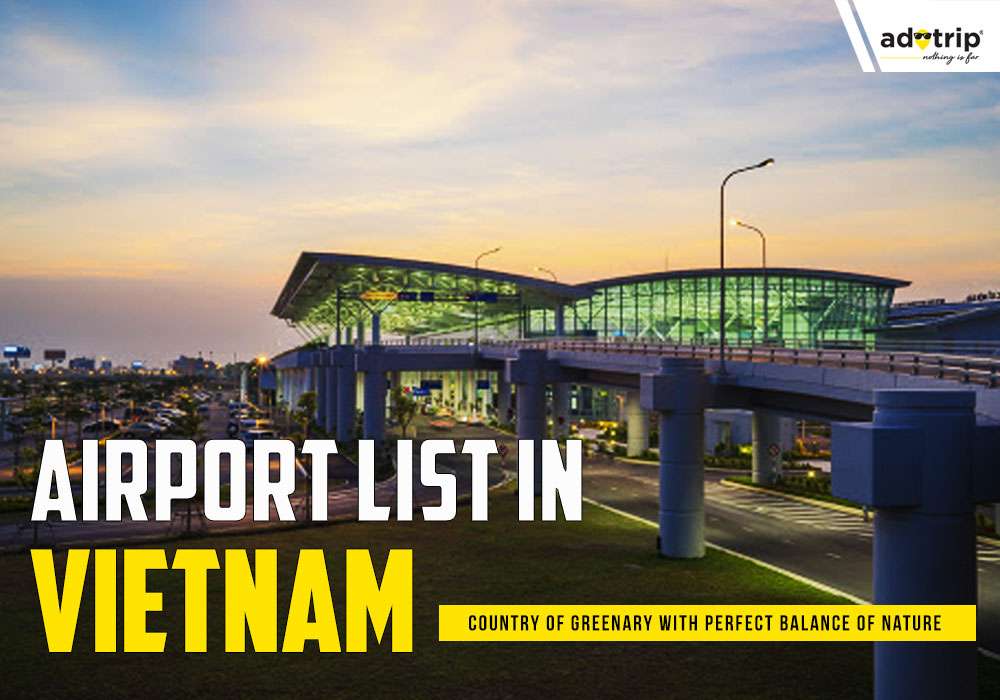
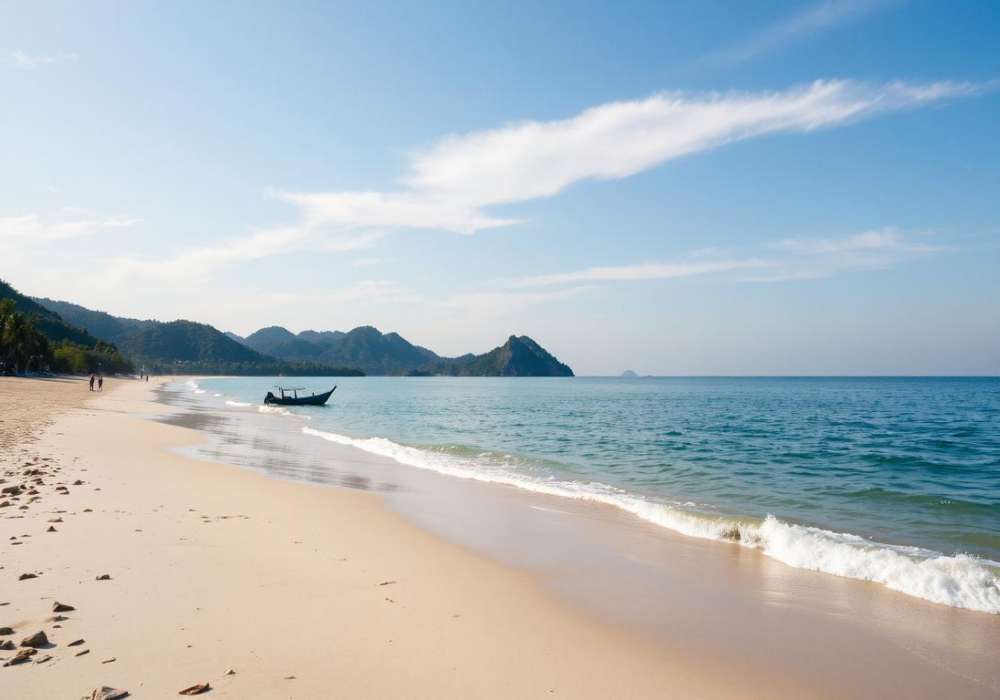
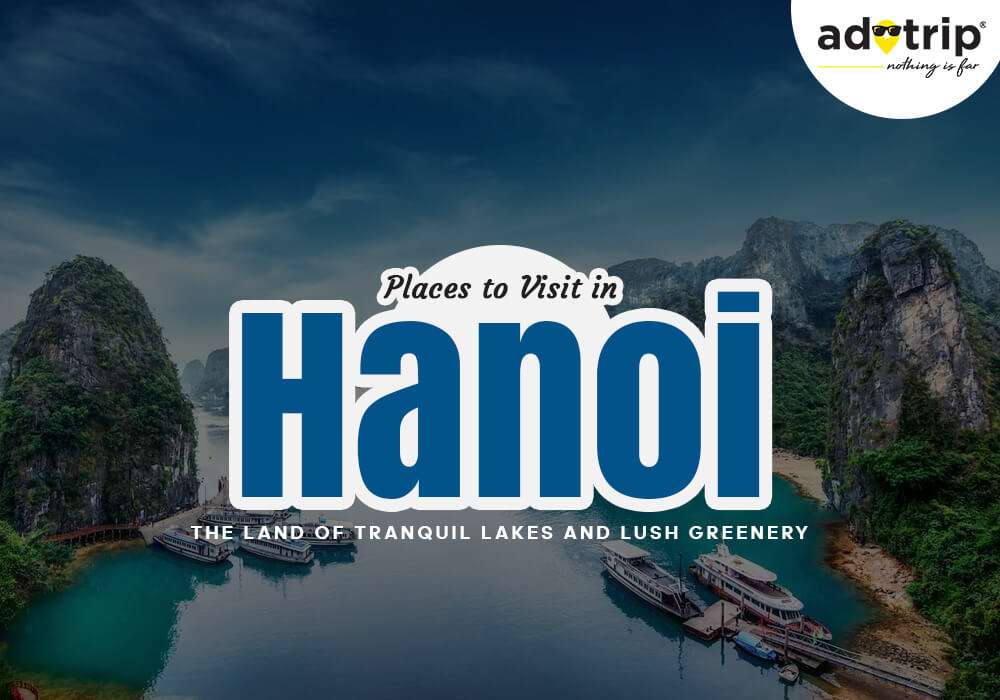
 Dubai
Dubai Malaysia
Malaysia USA
USA





